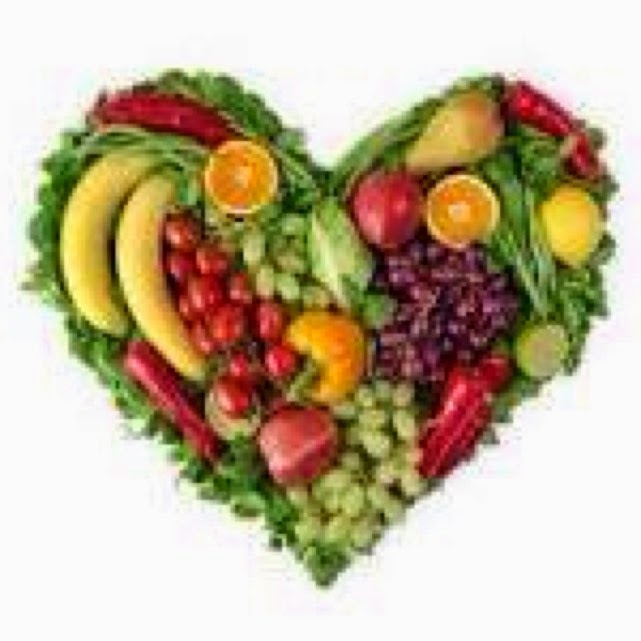Approximately 24 million people in the U.S. struggle with an eating disorder. Eating disorders, just like alcoholism and/or drug addictions don't discriminate and can affect anyone regardless of race, gender, sexuality, or socioeconomic status. About 50% of all people in the U.S. either know someone with an eating disorder or have been personally affected by one. Despite its prevalence, major misconceptions about eating disorders are widespread leading to myths and stigmas which sadly can result in either a delay in treatment or not seeking treatment at all; with the result being only 1 in 10 men and women with eating disorders receiving treatment.
Just as an alcoholic doesn't choose to have the disease of alcoholism, obese people don’t choose to be heavy. Likewise the bulimic doesn't choose to purge nor does the anorexic choose to be skinny. Instead, the behaviors of eating disorders are driven by specific biological mechanisms that drive these addictive behaviors. These behaviors rise out of primitive neurochemical reward centers in the brain that override normal willpower, as well as overwhelm our ordinary biological signals that control hunger and appetite.
With eating disorders, whether a person is undereating or overeating; food takes on an inappropriate role as eating becomes the center of the universe. For anorexics and bulimics, food is the enemy, a trap waiting to be sprung. Eating is a failure of will that must be atoned for through purging (vomiting, taking diarrhetics or diuretics) or excessive exercise to burn the hated calories. For compulsive overeaters, on the other hand food is a panacea, a comforter and friend in time of need. Eating is a fix.
Eating disorders share the following characteristics: Food takes on an inappropriate role in life. Food is consumed at the wrong times. Food is consumed in the wrong amounts. And the foods that are consumed are nutritionally deficient. These factors together with the behaviors often seen with eating disorders such as purging or excessive exercise renders an individual malnourished.
But it's also about more then appetite with eating disorders as the quality of the food consumed is generally nutritionally poor. Compulsive overeaters tend to choose foods high in refined carbohydrates such as sugar; fat, and highly processed "junk foods" which are known to have drastic emotional and psychological effects. During binges, bulimics make similar food choices, sometimes consuming pints of ice cream or boxes of cookies in one sitting. But eating disorders do more than just disrupt the normal process of nutrition; they also reprogram the body's internal thermostat and cause chronic disturbances in neurotransmitter activity.
When individuals with eating disorders get into recovery, they are faced with other issues besides malnutrition due to their eating disorders; they also have the formidable task of both repairing the gastrointestinal damage due to purging and "reprogramming" brains that have become seriously disrupted. And for those persons battling obesity, there is also the stubborn internal thermostat that needs resetting, while for anorexics and bulimics there is the seductive and addictive call of stress-induced brain chemicals.
Fortunately, there are ways to combat these problems and help the body, especially the brain and the organs of the digestive system to achieve a normal balance once again; it's called food for recovery. Food can be a potent ally in bringing the brain back "on line" by tailoring your diet to include the dietary precursors of your damaged neurotransmitters, you can give your brain the raw materials it needs to resume normal production. And by eating a high quality diet at regular intervals you can ensure that your brain is properly fueled to carry out these processes. "Food For Recovery" is eating for recovery so to repair the damage done by eating disorders and to promote optimum health for your recovery journey.
Recovery from eating disorders can be challenging, not just because the substance being abused is food, so total abstinence is not an option but because there are specific biological mechanisms that drive this addictive behavior. Further adding to the challenge is the biological and physical impact of these disorders on the body. A recovery treatment plan which includes an emphasis on nutrition, using food for recovery, will help a person with an eating disorder fully recover and go on to live a healthy life. While recovery takes time recovery is absolutely possible.
Health and Happiness,
Mary P. Cheney, B.Sc., P.T.A.
